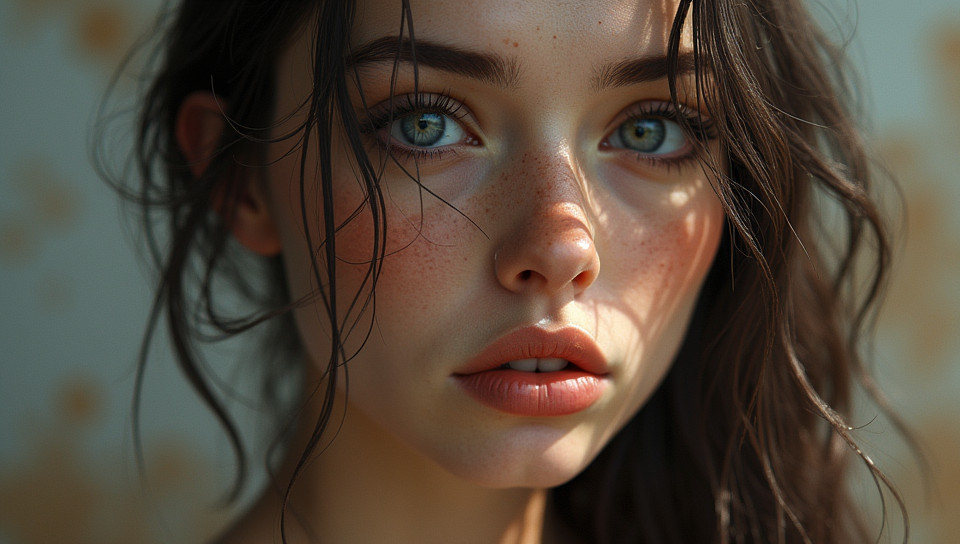Every body is different, and that's what makes unique 31%

Embracing Diversity: The Beauty of Unique Bodies
As we navigate through our daily lives, it's easy to get caught up in the notion that there's only one "right" way to look or be. But what if I told you that this couldn't be further from the truth? Every body is a masterpiece, crafted with its own unique characteristics and traits that make it special.
The Importance of Body Positivity
In today's society, we're constantly bombarded with unrealistic beauty standards that promote an unhealthy obsession with physical appearance. But what about those who don't fit into this narrow mold? What about the individuals who are curvier, taller, shorter, or have a different body shape altogether?
- Diversity in body types
- Different skin tones and textures
- Varied facial structures and features
These differences aren't flaws; they're what make us interesting, unique, and beautiful. By embracing our individuality, we can create a more inclusive and accepting environment that celebrates the beauty of diversity.
Breaking Down Stereotypes and Stigma
Unfortunately, many people still struggle with body image issues due to societal pressures and unrealistic expectations. We've all seen them - the airbrushed models, the fitness influencers promoting extreme dieting, and the "before and after" transformation photos that perpetuate this notion of "perfect." But what about those who don't conform to these standards? What about the individuals who are struggling with their own body image issues?
The Power of Self-Acceptance
It's time to shift our focus from trying to fit into an unrealistic mold to embracing and celebrating our unique qualities. By accepting ourselves just as we are, we can break free from the cycle of negativity and self-doubt that plagues so many people.
Conclusion
Every body is a work of art, with its own distinct characteristics and features. Rather than trying to fit into someone else's idea of "perfect," let's focus on embracing our individuality and celebrating the beauty of diversity. By doing so, we can create a more inclusive and accepting environment that promotes self-love, self-acceptance, and above all, body positivity.
- Created by: Pari Singh
- Created at: Sept. 8, 2024, 6:41 p.m.
- ID: 8792

